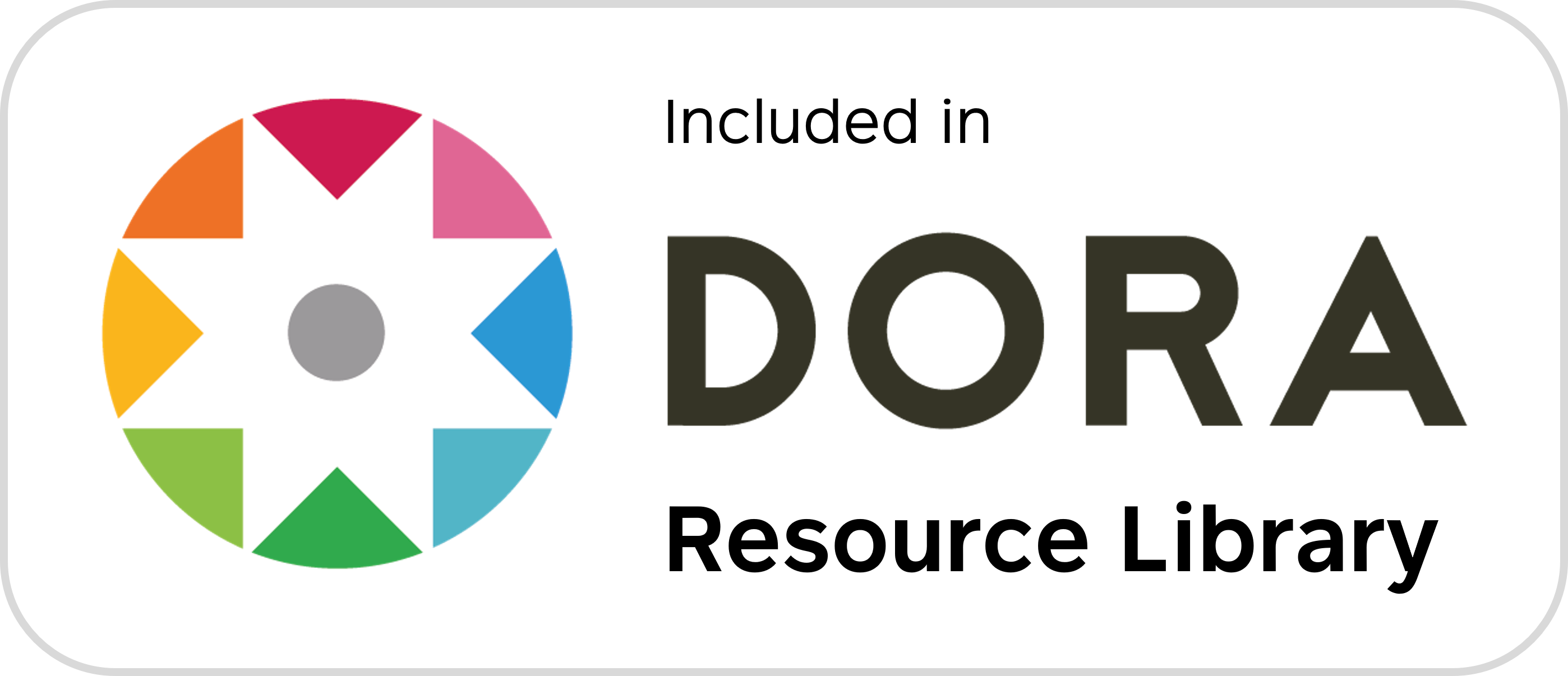Publication Process
Publication Process of Journal Economic Business Innovation (JEBI)
The publication process at Journal Economic Business Innovation (JEBI) is designed with full transparency, integrity, and adherence to the highest international standards. We follow best practices from COPE (Committee on Publication Ethics), Elsevier’s publishing policies, and indexing criteria required by Scopus and other reputable databases. Our workflow ensures rigorous quality control, ethical compliance, and timely dissemination of cutting-edge research in economics, business, and innovation.
Estimated Timeline Overview
| Process Stage | Estimated Duration |
|---|---|
| Initial Editorial Evaluation | Up to 30 calendar days |
| Double-Blind Peer Review | Up to 30 calendar days |
| Editing, Proofreading & Final Publication | Up to 30 calendar days |
| Total Estimated Time | Approximately 90 calendar days |
Detailed Step-by-Step Publication Workflow
- Manuscript Submission: Authors submit their manuscripts exclusively via the official journal submission system or the designated email portal. Submissions must fully comply with Author Guidelines, including format, ethical declarations, and mandatory documentation such as plagiarism reports and copyright agreements.
- Initial Editorial Screening (Up to 30 days):
- Verification of manuscript scope alignment with the journal’s aims and thematic focus.
- Assessment of manuscript structure, formatting, and completeness as per journal standards.
- Preliminary plagiarism check using Turnitin and AI-assisted detection tools to ensure originality and ethical compliance.
- Desk rejection is possible at this stage if the manuscript does not meet baseline criteria.
- Double-Blind Peer Review (Up to 30 days):
- Each manuscript is evaluated by at least two qualified experts with no disclosure of author or reviewer identities to maintain impartiality.
- Reviewers critically assess the originality, methodological rigor, significance, and ethical adherence of the research.
- Comments and recommendations from reviewers are compiled and forwarded to authors for revision.
- Reviewers may recommend acceptance, minor revision, major revision, or rejection.
- Author Revision: Authors revise manuscripts according to reviewer feedback, providing detailed point-by-point responses and resubmitting the revised version within the stipulated timeframe. The editorial team monitors compliance and may facilitate additional review rounds if necessary.
- Final Editorial Decision: Based on reviewer input and revised manuscripts, the Editor-in-Chief issues a formal decision. Accepted manuscripts receive a Letter of Acceptance (LoA) that authors may use for academic or institutional documentation.
- Production and Proofing (Up to 30 days):
- Accepted manuscripts undergo professional copyediting to enhance language, clarity, and style without altering scientific content.
- Layout design and formatting are finalized to comply with journal standards.
- Digital Object Identifier (DOI) is assigned for persistent and global identification.
- Authors receive proofs for final approval before publication.
- Online Publication and Indexing: The final article is published under Gold Open Access, allowing unrestricted global access. The article metadata and full text are indexed in databases such as Google Scholar, Garuda, DOAJ, and submitted for indexing in Scopus, SINTA, and others as per journal policies.
- Post-Publication Engagement: Published articles are open for citations, scholarly discussion, and reader comments. The journal monitors article metrics to evaluate impact and reach.
- Author Recognition: Authors receive official publication certificates, DOI assignment confirmation, indexing notifications, and visibility reports when available.
Acceptance and Publication Metrics
Transparency is a key value for JEBI. The journal publishes annual statistics to maintain accountability:
- Average total submissions per volume: approximately 100 manuscripts
- Desk rejection rate (at editorial screening): approximately 50%
- Rejection rate after peer review: between 15% and 25%
- Final acceptance rate: between 25% and 35%
- Articles published per volume: around 20 to 30 articles
These metrics are regularly reviewed and updated to ensure continuous improvement in editorial processes and publication quality.
Ethical and Editorial Compliance
Throughout the publication process, JEBI strictly follows the COPE Publishing Ethics Framework and adheres to international best practices promoted by Elsevier, Scopus, and DOAJ. All stakeholders — authors, reviewers, editors, and the publisher — share the responsibility to maintain transparency, confidentiality, and fairness.























